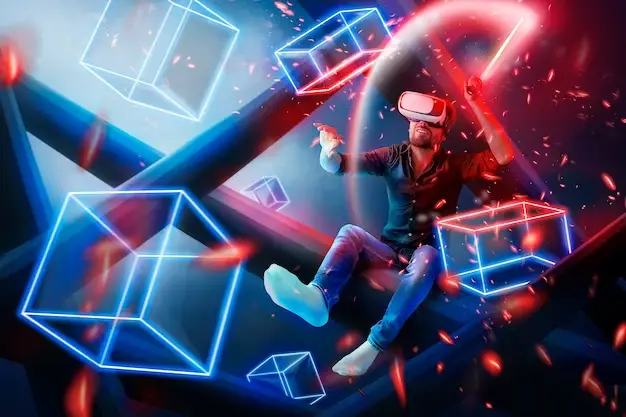In the fast-paced realm of healthcare, where breakthroughs happen almost daily, medical technology stands as the silent hero, revolutionizing the way we diagnose, treat, and manage various medical conditions. This article delves into the intricate world of medical technology, shedding light on its latest innovations, potential impact on patient care, and the exciting journey that lies ahead.
1. The Evolution of Medical Technology
To understand the present, we must delve into the past. Medical technology has come a long way, from the humble stethoscope to cutting-edge robotic surgeries. Explore the fascinating journey that has shaped the landscape of modern healthcare.
2. Diagnostic Precision: A Quantum Leap
In the quest for accurate diagnoses, medical technology has emerged as a game-changer. Advanced imaging techniques such as MRI and CT scans have revolutionized the way we view and understand the human body. These innovations not only enhance diagnostic precision but also pave the way for personalized treatment plans.
3. Telemedicine: Bridging Gaps in Healthcare
The digital age has ushered in a new era of healthcare accessibility through telemedicine. Discover how virtual consultations and remote monitoring are bringing medical expertise to the fingertips of patients worldwide, breaking down geographical barriers and ensuring timely healthcare interventions.
4. Robotics in Surgery: Precision Personified
Enter the operating room of the future, where robotic-assisted surgeries are changing the dynamics of medical procedures. Explore the benefits of increased precision, shorter recovery times, and minimized invasiveness that come with the integration of robotics in surgical practices.
5. Wearable Health Tech: Your Health, Your Hands
In an era of self-empowerment, wearable health technology puts individuals in control of their well-being. From fitness trackers to smartwatches with health monitoring capabilities, these devices are transforming preventive healthcare by providing real-time insights into one’s health status.
6. Artificial Intelligence: The Brainpower Behind Medical Breakthroughs
Unravel the mysteries of Artificial Intelligence (AI) in healthcare. From predictive analytics to drug discovery, AI is streamlining processes, offering quicker and more accurate results, and contributing to the development of groundbreaking medical solutions.
7. Nanotechnology: Small Wonders, Big Impact
Take a microscopic journey into the world of nanotechnology and its potential applications in medicine. Discover how tiny particles can deliver drugs with unprecedented precision, opening new frontiers in the treatment of diseases.
8. 3D Printing: Building a Healthier Tomorrow
Witness the transformative power of 3D printing in healthcare. From prosthetics to customized implants, explore how this technology is reshaping the way we approach patient-specific solutions and creating a more patient-centric approach to healthcare.
9. Cybersecurity in Healthcare: Safeguarding Sensitive Data
As medical technology advances, so does the need for robust cybersecurity measures. Delve into the importance of protecting sensitive patient information, ensuring the integrity of medical data, and maintaining the trust that is crucial for the successful integration of technology into healthcare practices.
10. Ethical Considerations in the Age of Medical Innovation
With great technological power comes great ethical responsibility. Explore the ethical dilemmas surrounding medical technology, from data privacy concerns to the equitable distribution of advanced healthcare solutions.
Conclusion: Embracing a Future of Possibilities
In conclusion, the landscape of healthcare is evolving at an unprecedented pace, driven by the relentless march of medical technology. As we embrace these innovations, it’s essential to navigate the ethical considerations, ensuring that the benefits are shared equitably. The future holds boundless possibilities, and with each technological leap, we move closer to a world where healthcare is not just reactive but proactive, personalized, and accessible to all.





